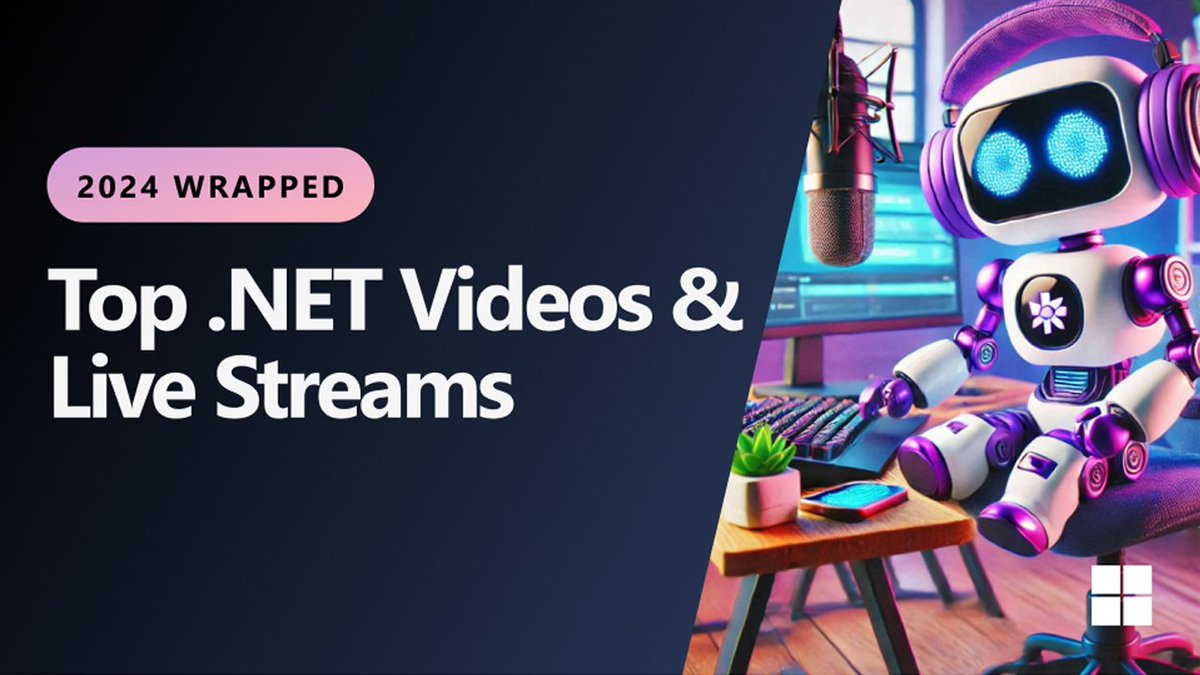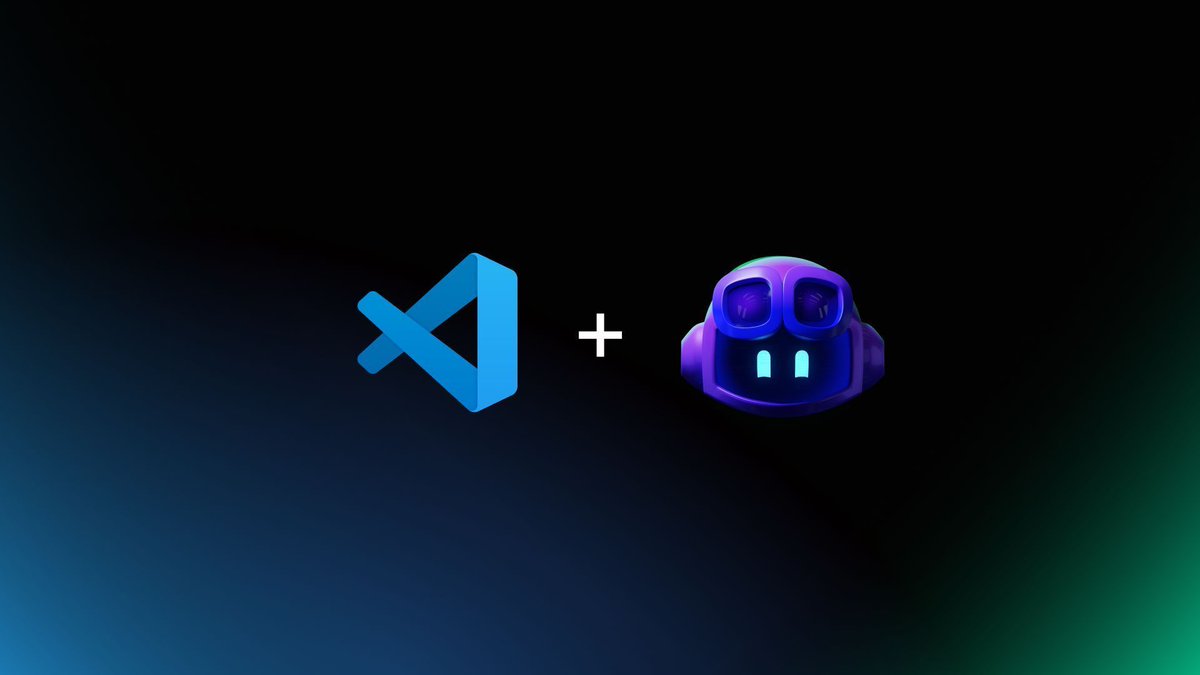This content originally appeared on Telerik Blogs and was authored by Sam Basu
Welcome to the Sands of MAUI—newsletter-style issues dedicated to bringing together the latest .NET MAUI content relevant to developers.
A particle of sand—tiny and innocuous. But put a lot of sand particles together and we have something big—a force to reckon with. It is the smallest grains of sand that often add up to form massive beaches, dunes and deserts.
.NET developers are excited with the reality of .NET Multi-platform App UI (.NET MAUI)—the evolution of modern .NET cross-platform developer technology stack. With stable tooling and a rich ecosystem, .NET MAUI empowers developers to build native cross-platform apps for mobile/desktop from single shared codebase, while inviting web technologies in the mix.
While it may take a long flight to reach the sands of MAUI island, developer excitement around .NET MAUI is quite palpable with all the created content. Like the grains of sand, every piece of news/article/documentation/video/tutorial/livestream contributes toward developer experiences in .NET MAUI and we grow a community/ecosystem willing to learn & help.
Sands of MAUI is a humble attempt to collect all the .NET MAUI awesomeness in one place. Here’s what is noteworthy for the week of January 13, 2025:
Top .NET Content
Modern .NET is powerful, open-source, cross-platform and welcoming to all, with mature tooling accompanied by rich ecosystems. 2024 was a rather busy year in the .NET ecosystem. From new product launches to increased stability with .NET 9, developers had a lot to learn. Thankfully, there is no dearth of content from the .NET teams and passionate developers around the world. James Montemagno made the wealth of content a little easier to consume—say hello to the list of the top .NET videos/livestreams of 2024.
.NET video content on YouTube continues to impress—2024 saw 8 million views of .NET content and 700k hours of watch time. Most popular content for .NET developers ranged from C#/Aspire/ASP.NET basics to deep-dive topics like internals of async/await. Aligned with .NET releases every November, .NET Conf content always garners a ton of views, as do livestreams by experienced developers from around the world. With On .NET shows and monthly Community Standups by .NET teams, there are plenty of ways for developers to engage with like-minded .NET enthusiasts.
As we roll into a new year, the list provides plenty of inspiration and many things to catch up on as .NET developers—upwards and onwards.

Slider for .NET MAUI
.NET MAUI is built to enable .NET developers to create cross-platform apps for Android, iOS macOS and Windows, with deep native integrations, platform-native UI and hybrid experiences. Modern .NET cross-platform apps are, however, inherently complicated, and developers could use some UI tooling toward increased productivity—Telerik UI for .NET MAUI can help. Mobile/desktop apps often need users to select values from a range, and Héctor Pérez wrote up a wonderful article—customizing and integrating Telerik .NET MAUI Slider UI.
Progress Telerik UI for .NET MAUI can help developers building modern .NET cross-platform apps—professionally engineered UI components shine with consistent rendering, fine-tuned performance and dependability with documentation/support. Héctor starts with the basics—how to add Telerik UI to a .NET MAUI project and render the basic Slider control.
The real power of the Telerik .NET MAUI Slider UI is customizations. Héctor builds up a nice BMI calculator with height/weight sliders to showcase the UI flexibility. With styling APIs, events, behaviors, labels, tooltips and more, the Telerik .NET MAUI Slider UI is feature-rich for developer flexibility and aids in building up intuitive UX.

SOLID Principles
.NET MAUI is the evolution of modern .NET cross-platform development stack, allowing developers to reach mobile and desktop form factors from a single shared codebase. While modern .NET developers often code over platform abstractions and benefit from maturity of C# as a language, the basics tenets of programming still apply—good design principles always lead to better code. One of the most iconic guidelines for building high quality software is SOLID, and Leomaris Reyes wrote up a wonderful piece—understanding SOLID principles.
For professional developers, every line of code is an opportunity to leave a mark toward building a scalable, robust and maintainable software product. SOLID principles are a set of five recommendations that help build cleaner, more maintainable and scalable code. Leomaris provides some history of SOLID before diving into each of the principles that make up the acronym—Single Responsibility, Open/Closed, Liskov’s Subtitution, Interface Segregation and Dependency Inversion.
With easy-to-follow code examples, Leomaris showcases how C# code may violate SOLID principles and what to fix for adherence. While developers build increasingly complex cross-platform software, a refresher of the basics never hurts—the SOLID principles continue to be the north star guidance toward clean maintainable code.

GitHub Copilot Free
AI presents a huge opportunity for developers to infuse apps with solutions powered by generative AI and large language models—however, there is also a huge potential for boosting developer productivity. Smart contextual AI-powered coding assistants can automate a lot of developer tasks and make lives easier. Developers building .NET cross-platform apps can benefit big time with AI coding assistance, and there is good news for those using Visual Studio Code—GitHub Copilot is now essentially free.
GitHub Copilot is one of the most widely adopted coding assistants and recently rolled out a generous freemium tier. Developer experiences are integrated within Visual Studio/VS Code—Code Completions, Chat, Copilot Edits, smarter debugging, AI commit messages and more are now essentially free within a decent monthly cap. Developers can get coding suggestions, creates tests/docs and have a conversations assistance within context—all powered by sophisticated AI models.
The free tier includes 2,000 code completions/month and 50 chat requests/month—plenty to get started with smart workplace-relevant AI coding assistance. This will likely mean broader adoption of GitHub Copilot and increased productivity for .NET cross-platform development from VS Code—much to like about that.

Ethics of AI
It is the age of artificial intelligence. AI is slowly changing the way we live and work, and AI’s popularity is driving adoption in enterprise and consumer apps. While developers increasingly use and build software powered by AI, there are some moral questions that arise and Peter Vogel wrote up a brilliant post—the ethics of AI.
As we as a society try to understand the implications of the age of AI, our emotional responses can often range from exhilaration to trepidation. What is hard to ignore are the ethical questions that arise as AI usage gets more pervasive. Many issues are typical to any new technology, while others are unique to AI.
The article should a good read for anybody invested in AI—a soul-stirring look into the issues that AI raises that demand our morality to be perhaps a little agile. As the software industry increasingly depends on AI, there are a plethora of conundrums—cost vs. benefits, privilege, bias, displacement of human jobs, governance, relinquishing control and basics of human creativity. While society grapples with how to leverage AI responsibly, it is good to sometimes sit back and think about the broader questions of human morality.

That’s it for now.
We’ll see you next week with more awesome content relevant to .NET MAUI.
Cheers, developers!
This content originally appeared on Telerik Blogs and was authored by Sam Basu
Sam Basu | Sciencx (2025-01-13T18:15:20+00:00) Sands of MAUI: Issue #170. Retrieved from https://www.scien.cx/2025/01/13/sands-of-maui-issue-170/
Please log in to upload a file.
There are no updates yet.
Click the Upload button above to add an update.
